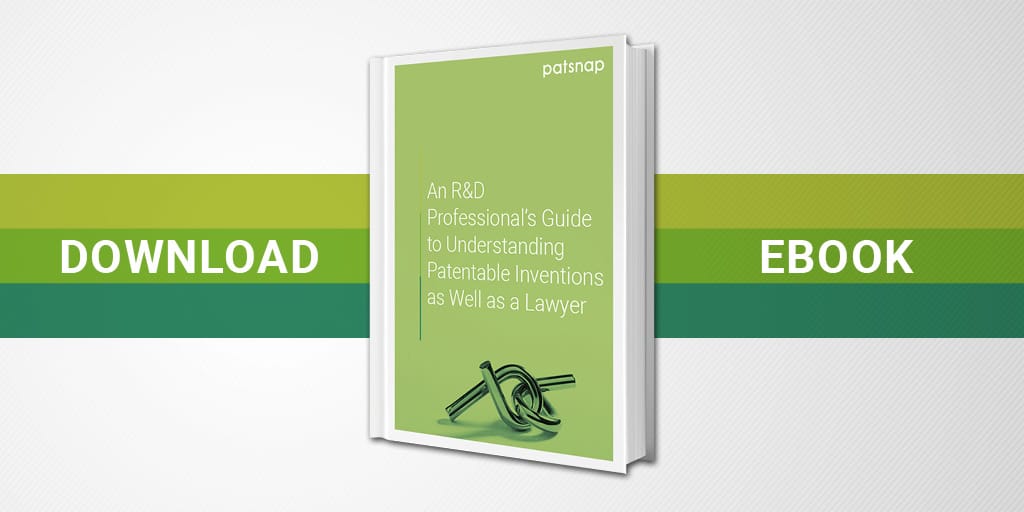Why software patents are worth trouble
There is a prevailing view within much of the software industry that it is simply not worth the bother to patent. This view has been strengthened by landmark legal cases, which support the myth, most notably the case involving Alice Corporation versus CLS Bank International. This was widely regarded as a definitive outcome that appears to declare the software patent as null and void. However, ‘software’ companies continue to file patents. Why would they continue to do this if the Alice ruling suggests it’s irrational?
There are a couple of reasons why the Alice ruling does not ring the final death knell of patenting in the software space. First of all, the Supreme Court did not state that all software is ineligible for patenting. In fact, software was never mentioned in the verdict at all. The decision was based on one of the three exclusion criteria that US courts use to determine patentability:
- Laws of nature
- Natural phenomena
- Abstract ideas
It was ruled that the Alice Corporation patent was not enforceable based on the abstract ideas exclusion. This does not mean, as Brett Schuman of Goodwin’s IP Litigation Group has explained,“that all software is ineligible subject matter”, adding,“true inventiveness in the software space remains valuable and potentially patentable.”
As the World Intellectual Property Organization points out, it does mean that software organizations must think very carefully about the right kind of protection for their intellectual property, whether that be copyright or obtaining patents. As the organization explains:
“Copyright protection extends only to expressions, and not to ideas, procedures, methods of operation or mathematical concepts as such.Although copyright protects the ‘literal expression’ of computer programs, it does not protect the ‘ideas’ underlying the computer program, which often have considerable commercial value.”
It is extremely important for software companies to understand what types of patents other software companies are filing. This allows them to reach an informed decision about what they should protect themselves, rather than simply assuming that patents do not apply. Furthermore, patent law differs at a local level, and what applies in one jurisdiction does not necessarily apply to another. This also needs to be checked and taken into consideration. It means that software companies need to take extra care to ensure that IP legal experts who are familiar with local legislation have scrutinized a potential patent.
Due to incorrect assumptions, confusion and myth, it could be very easy for software companies to misjudge the importance of IP protection in their organization. It makes it more important for this sector, over others, to analyze IP trends closely and to use this analysis to reach the correct decisions about when and what to patent.

Download our free ebook: An R&D Professional’s Guide to Understanding Patentable Inventions as Well as a Lawyer